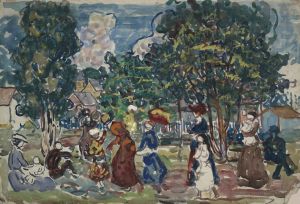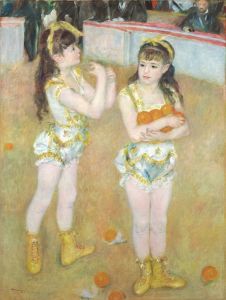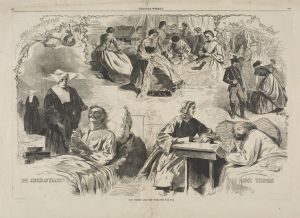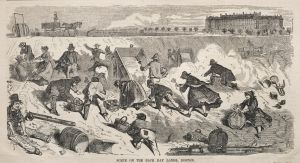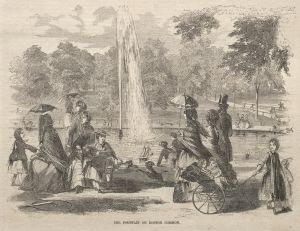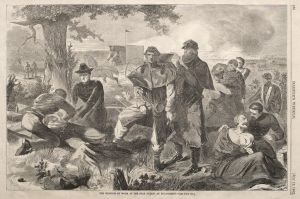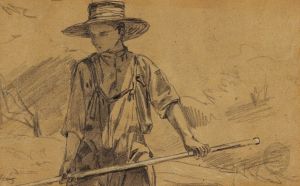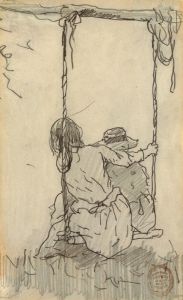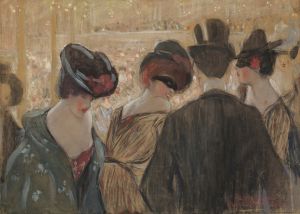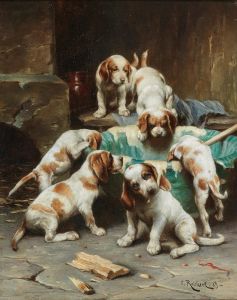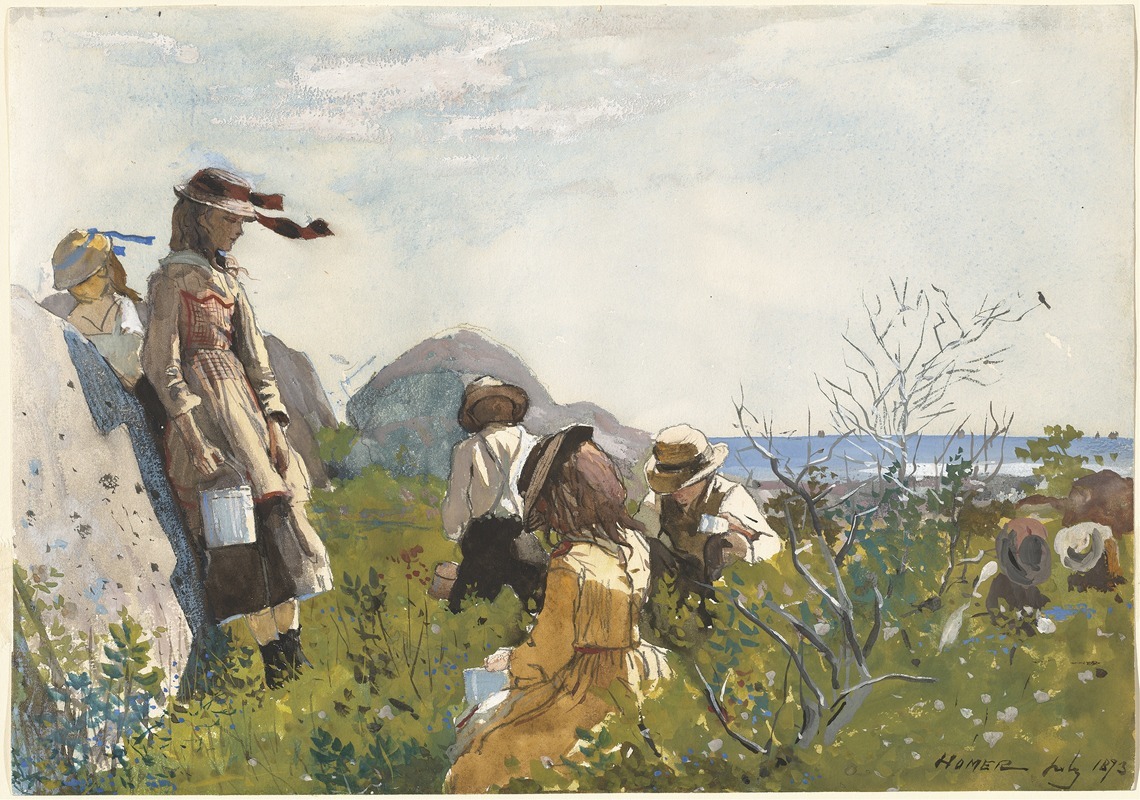
Berry Pickers
A hand-painted replica of Winslow Homer’s masterpiece Berry Pickers, meticulously crafted by professional artists to capture the true essence of the original. Each piece is created with museum-quality canvas and rare mineral pigments, carefully painted by experienced artists with delicate brushstrokes and rich, layered colors to perfectly recreate the texture of the original artwork. Unlike machine-printed reproductions, this hand-painted version brings the painting to life, infused with the artist’s emotions and skill in every stroke. Whether for personal collection or home decoration, it instantly elevates the artistic atmosphere of any space.
Winslow Homer, an American landscape painter and printmaker, is renowned for his marine subjects and depictions of American life. One of his lesser-known works, "Berry Pickers," exemplifies his ability to capture the essence of rural life in the 19th century. Although there is limited information available specifically about "Berry Pickers," it is possible to contextualize the painting within Homer's broader body of work and the themes he explored during his career.
Winslow Homer was born on February 24, 1836, in Boston, Massachusetts. He began his career as a commercial illustrator and gained recognition for his work during the American Civil War, where he created illustrations for Harper's Weekly. After the war, Homer transitioned to painting, focusing on scenes of American life and landscapes. His work is characterized by its realism, attention to detail, and ability to convey the mood and atmosphere of the scenes he depicted.
"Berry Pickers" likely fits into Homer's exploration of rural and everyday life, a theme he frequently revisited throughout his career. During the late 19th century, America was undergoing significant social and economic changes, with industrialization transforming the landscape and way of life. In response, many artists, including Homer, turned their attention to rural subjects, capturing the simplicity and tranquility of country life.
Homer's paintings often feature people engaged in everyday activities, such as farming, fishing, or, in this case, berry picking. These works reflect a sense of nostalgia and a connection to the land, emphasizing the importance of nature and the outdoors. His use of light and color, combined with his keen observation of human behavior, allows viewers to connect with the subjects on a personal level.
Although specific details about "Berry Pickers" are scarce, it can be inferred that the painting would showcase Homer's skill in portraying figures within a natural setting. His ability to capture the subtleties of light and shadow, as well as the textures of the landscape, would be evident in the depiction of the berry pickers and their surroundings. The painting would likely convey a sense of harmony between the figures and the environment, a hallmark of Homer's work.
Throughout his career, Homer traveled extensively, drawing inspiration from the various locations he visited. His time spent in rural New England, particularly in places like Maine, provided ample material for his paintings of rural life. These experiences allowed him to develop a deep appreciation for the natural world, which is reflected in his art.
In summary, while specific information about "Berry Pickers" by Winslow Homer is limited, the painting can be understood within the context of Homer's broader artistic themes. His focus on rural life, attention to detail, and ability to convey the mood of a scene are likely present in this work. "Berry Pickers" would exemplify Homer's talent for capturing the essence of everyday activities and the beauty of the natural world, contributing to his legacy as one of America's foremost painters.







